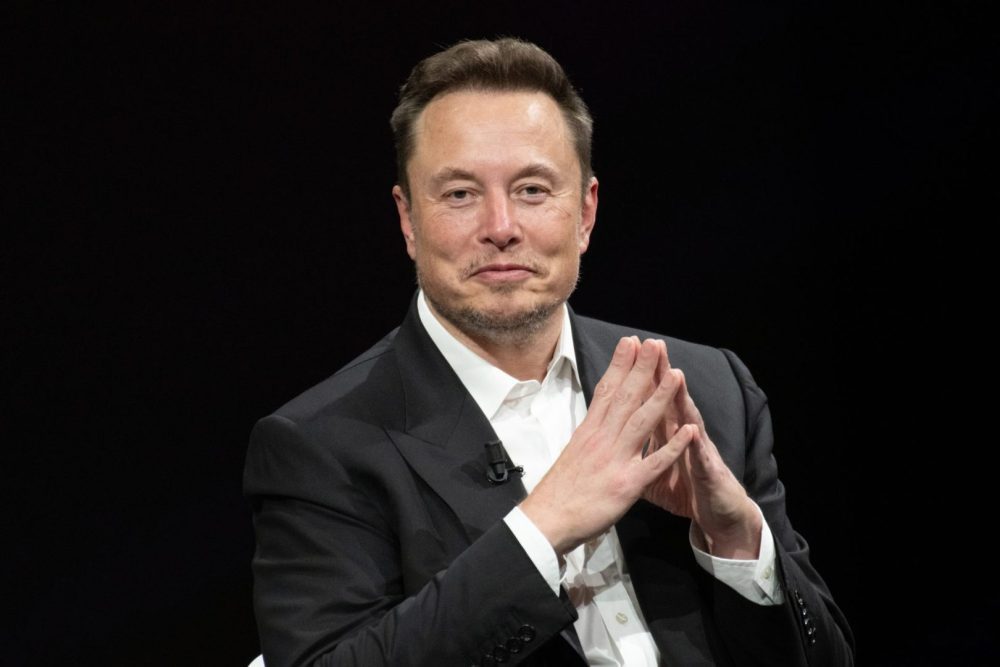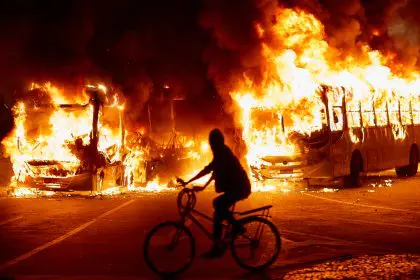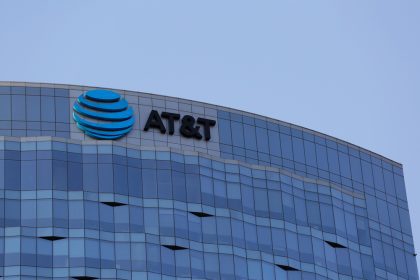In the aftermath of Hurricane Helene, Elon Musk‘s Starlink internet service has become a focal point of controversy. The SpaceX CEO, with a net worth of $262 billion, initially offered free internet to hurricane victims. However, the reality proved more complex. While Musk’s social media announcement promised a month of complimentary service, it failed to mention the required equipment costs.
Victims seeking to take advantage of the offer found themselves facing a bill of nearly $400 for the necessary hardware, even with a disaster relief discount. This unexpected expense has sparked outrage among those already grappling with the hurricane’s devastating impact.
A tale of two responses
The backlash against Musk has drawn comparisons to another billionaire’s disaster response: Oprah Winfrey‘s efforts following the Maui wildfires in August 2023. Winfrey, whose net worth stands at $3 billion, launched the People of Maui Fund to provide financial assistance to those affected.
Initial criticism and clarifications
Initially, Winfrey faced criticism for what some perceived as an insufficient personal contribution to the fund. However, subsequent reports revealed that she had donated over $25 million, contradicting earlier rumors about her involvement.
Despite this clarification, public sentiment remains divided. Many argue that given her substantial wealth and property ownership in Maui, Winfrey could have taken more direct action to aid those in need.
The weight of expectation
The contrasting approaches of Musk and Winfrey have ignited a broader debate about the responsibilities of billionaires during times of crisis. Public expectation increasingly leans towards direct, substantial intervention from those with vast resources, rather than reliance on public fundraising efforts.
This sentiment is particularly pronounced in Maui, where community members have expressed disappointment with wealthy property owners like Winfrey. Some residents argue that such investments have contributed to rising property prices, further complicating recovery efforts for locals.
A call for compassionate action
As communities continue to recover from these devastating events, the public scrutiny of billionaire responses underscores a growing demand for a more proactive and compassionate approach to philanthropy. The actions of figures like Musk and Winfrey serve as a stark reminder of the power dynamics at play during times of crisis.
Redefining disaster response
The controversy surrounding both billionaires’ approaches highlights the need for a reevaluation of how the ultra-wealthy engage with disaster relief efforts. As climate-related disasters become more frequent and intense, the role of private wealth in supplementing government aid is likely to come under increasing scrutiny.
The path forward
The ongoing debates sparked by Musk’s Starlink pricing and Winfrey’s Maui fund underscore the complex relationship between wealth, philanthropy and public expectation. As discussions continue, it becomes increasingly clear that the court of public opinion expects more from those with the means to make a significant impact.
For billionaires like Musk and Winfrey, the challenge lies in finding ways to leverage their vast resources in a manner that not only provides immediate relief but also addresses the long-term needs of affected communities. This may involve rethinking traditional philanthropic models and embracing more direct, hands-on approaches to disaster response.
A moment of reckoning
As natural disasters continue to wreak havoc across the globe, the actions of the world’s wealthiest individuals will remain under intense scrutiny. The public’s reaction to the responses of Musk and Winfrey serves as a wake-up call for all billionaires: in times of crisis, the expectation is not just for financial contribution, but for meaningful, impactful engagement that reflects the full extent of their capabilities.
The coming years will likely see a shift in how the ultra-wealthy approach disaster relief. Whether through more transparent donation processes, direct involvement in recovery efforts or innovative uses of their companies’ resources, billionaires will need to adapt to meet the evolving expectations of a public increasingly aware of wealth disparities.
The true measure of a billionaire’s response to disaster may not be found in the size of their donation, but in the tangible, lasting impact their efforts have on the lives of those affected.















